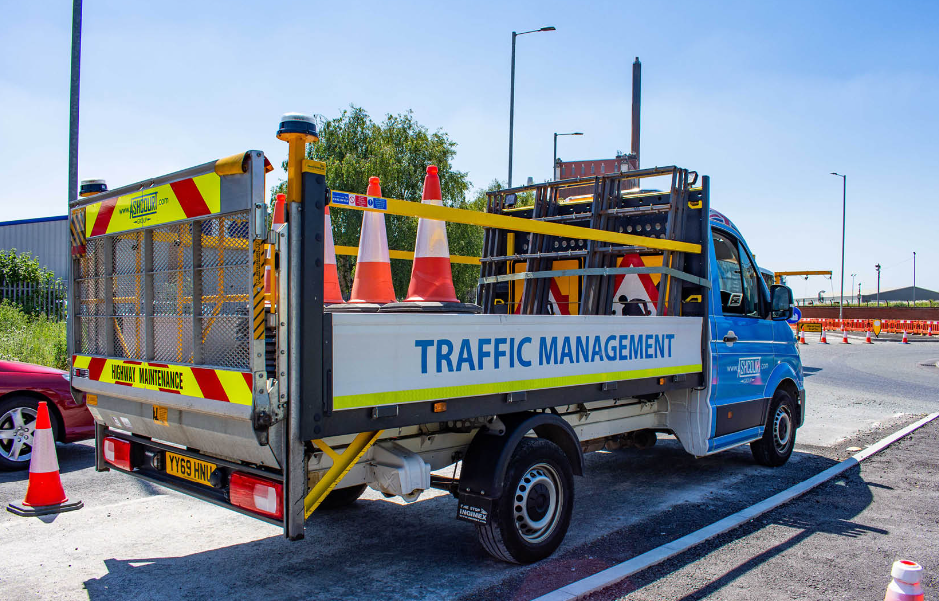Traffic management services are essential for maintaining safe and efficient transportation systems. These services encompass a wide range of strategies and tools designed to manage traffic flow and ensure the well-being of road users. In this blog, we will explore and understand the different types of services of traffic management available to address diverse traffic scenarios.
I. Traffic Control Services
To regulate traffic effectively, traffic control services employ various signage and markings. Road signs, lane markings, and pavement markings play a vital role in guiding drivers and ensuring safety on the roads.
Proper placement and maintenance of signage are crucial for effective traffic control. Additionally, traffic cones and barricades are used to redirect traffic, indicate road closures, and maintain safety in work zones.
II. Traffic Monitoring and Surveillance
Traffic monitoring and surveillance services utilize advanced technology to gather real-time traffic data. Closed-circuit television (CCTV) cameras are strategically placed to monitor traffic flow and detect incidents.
The footage captured by CCTV cameras aids in making a tmp traffic management plan and facilitates emergency response. Traffic sensors, such as loop detectors and radar, provide valuable data for optimizing traffic signal timings and improving overall traffic flow.

III. Traffic Signal Management
Traffic signal management services focus on designing, installing, and maintaining traffic signals at intersections. Proper signal design and installation consider factors such as traffic volume, intersection complexity, and safety considerations.
Synchronized traffic signals are crucial for efficient traffic flow. Intelligent traffic signal systems, equipped with advanced algorithms and real-time data, optimize signal timings to accommodate changing traffic patterns. Adaptive signal control systems dynamically adjust signal timings based on real-time traffic conditions.
IV. Incident Management
Incident management services play a crucial role in coordinating traffic during accidents, road closures, or other incidents. These services support emergency response efforts by ensuring the smooth flow of traffic and providing clear routes for emergency vehicles.
Incident detection systems promptly identify accidents, breakdowns, or disruptions, enabling quick response times. Traffic alerts through electronic message signs or mobile applications help drivers avoid congested areas or hazards, enhancing overall safety on the roads.
Conclusion
The implementation of different types of traffic management services is essential for maintaining safe and efficient transportation systems. Through effective traffic control services, including signage and markings, road users are guided and protected. Traffic monitoring and surveillance services provide real-time data for better decision-making, while intelligent traffic signal systems optimize traffic flow. Incident management services facilitate emergency response and enable timely traffic redirection.

